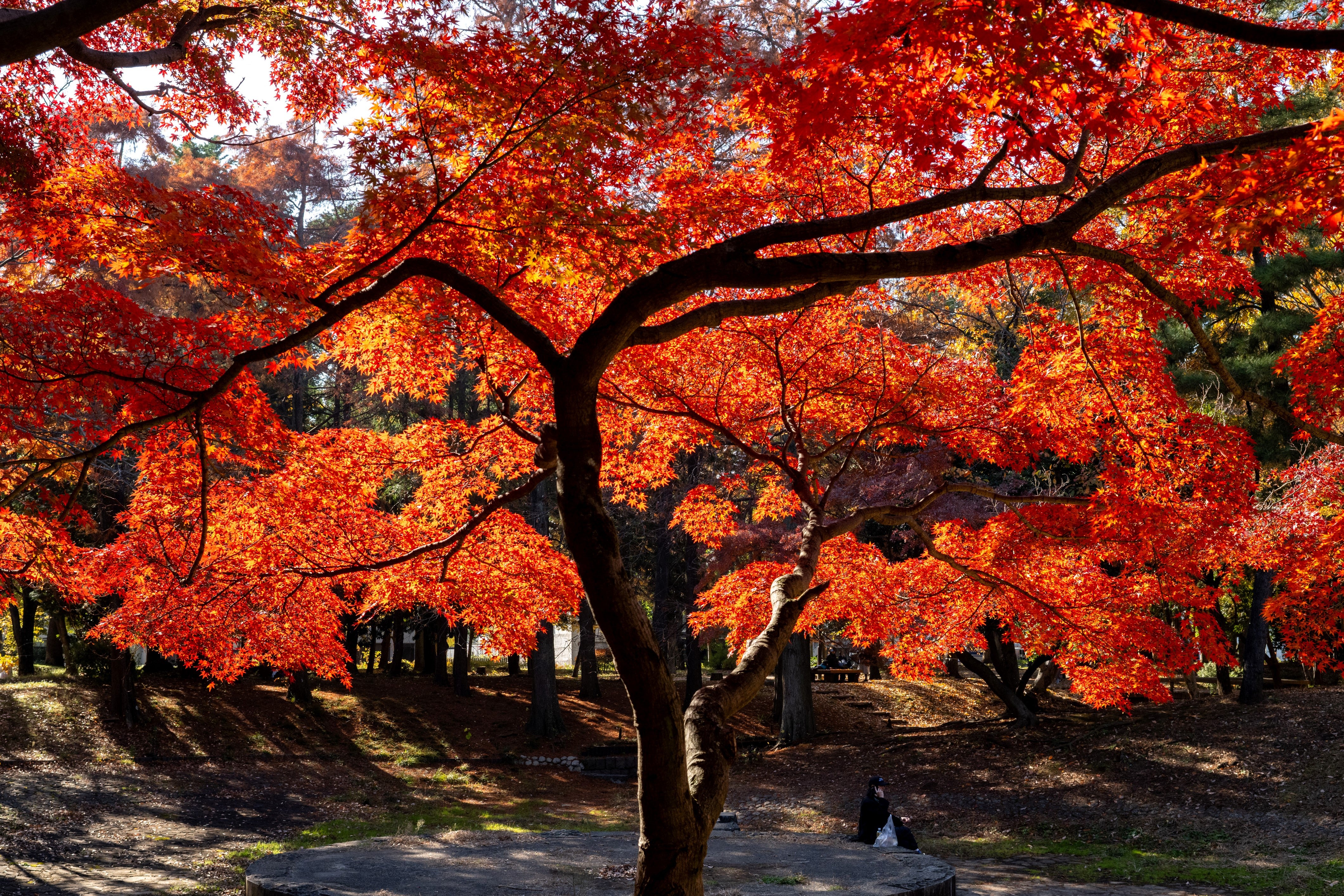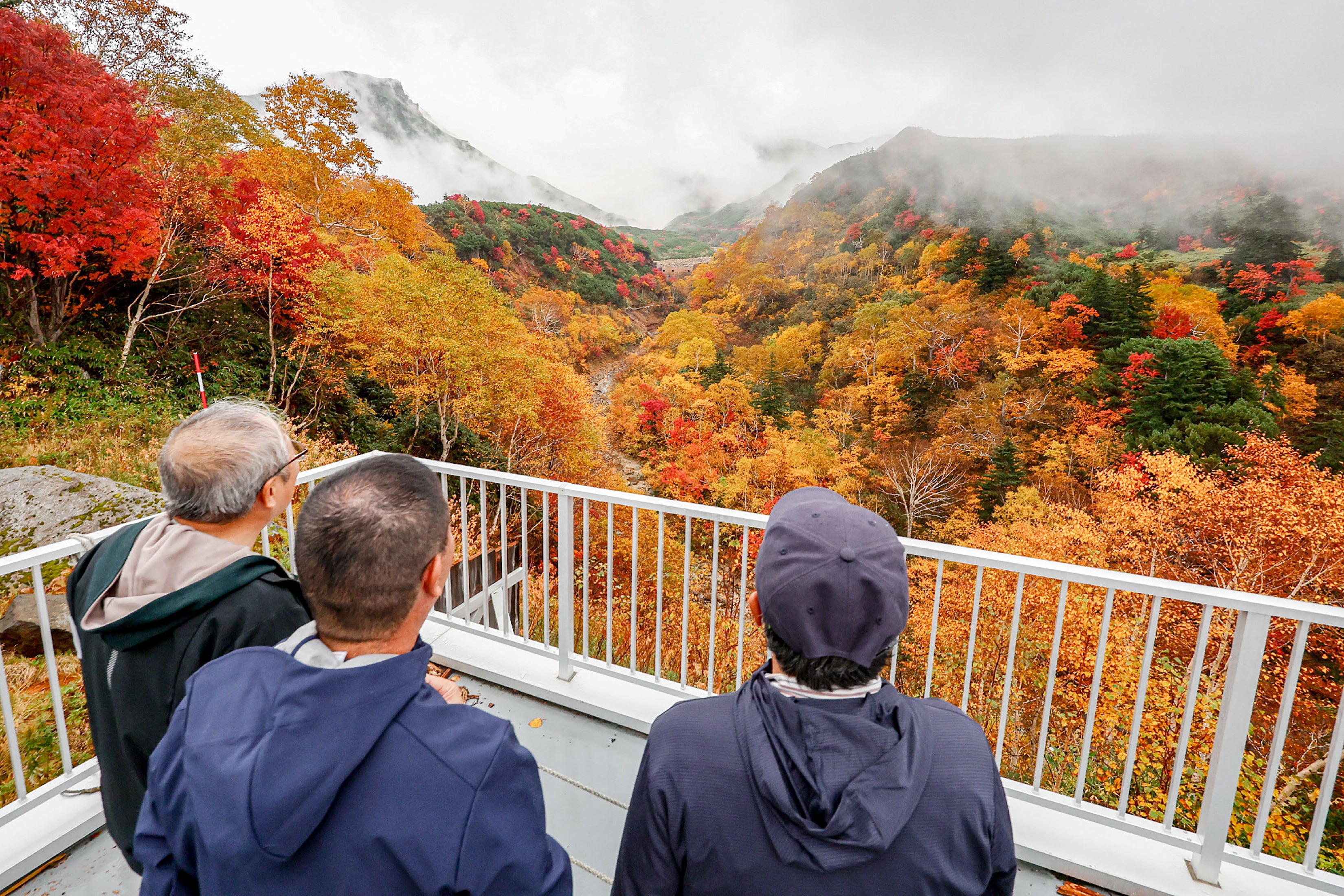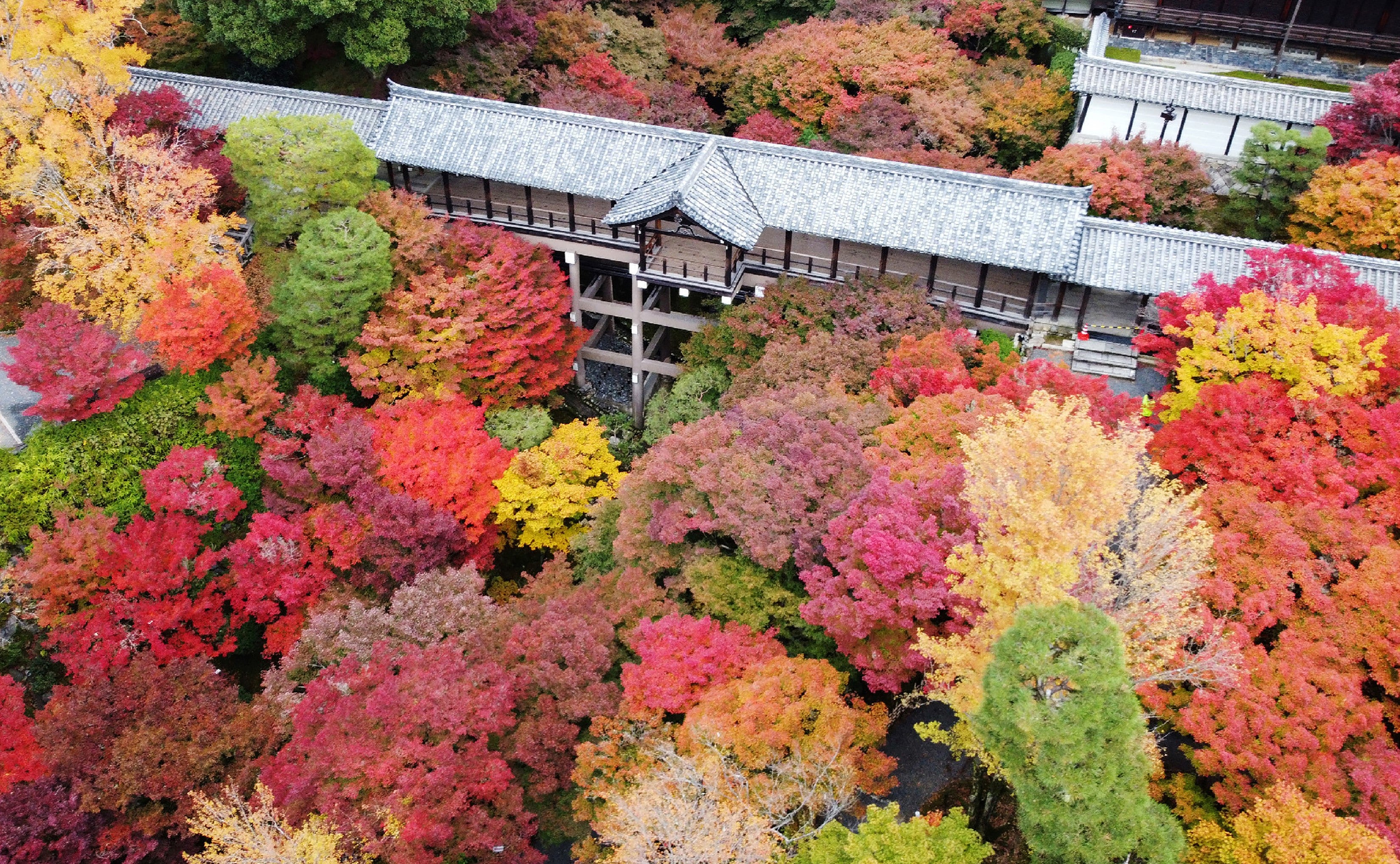Japan witnesses warmest autumn in history
Unusually warm autumn follows brutal summer heat that caused record heatstoke deaths
Your support helps us to tell the story
From reproductive rights to climate change to Big Tech, The Independent is on the ground when the story is developing. Whether it's investigating the financials of Elon Musk's pro-Trump PAC or producing our latest documentary, 'The A Word', which shines a light on the American women fighting for reproductive rights, we know how important it is to parse out the facts from the messaging.
At such a critical moment in US history, we need reporters on the ground. Your donation allows us to keep sending journalists to speak to both sides of the story.
The Independent is trusted by Americans across the entire political spectrum. And unlike many other quality news outlets, we choose not to lock Americans out of our reporting and analysis with paywalls. We believe quality journalism should be available to everyone, paid for by those who can afford it.
Your support makes all the difference.Japan has experienced its warmest fall since records began more than a century ago, pushing the country’s iconic autumn foliage displays into December.
The Japan Meteorological Agency (JMA) said the temperature was 1.97C higher than usual between September and November since the records began in 1898.
The disturbance in autumn was recorded as the country saw its hottest summer on record after a scorching three months. The brutal heat was 1.76C higher than the average recorded between 1991 and 2020 during Jul and August.
"This year was 1.97C higher than usual ... making it the hottest autumn since 1898, when statistics began," the JMA said on Monday.
The temperature was 2.4C higher than average temperature between September and November in Tokyo, it said.
The central city of Nagoya was 2.9C more warmer and northern Sapporo city was 1.2C more hot.

The JMA said the best time to now see the autumn foliage would be around 5 December in Tokyo and around 9 December in Osaka, more than a month delayed in both places.
It follows Japan’s iconic Mount Fuji staying snowless well into autumn this year, something that hasn’t happened since recordkeeping began 130 years ago.
Japan’s highest mountain is usually covered in snow by mid-October, signalling the start of winter. This year, however, warmer temperatures have kept Fuji bare, breaking the previous record for the latest snowfall, set on 26 October 1955 and tied in 2016.

The delayed snowfall on Fuji is part of a pattern of unpredictable seasonal changes around the world due to the climate crisis. The longer summers are impacting both snow cover and precipitation.
In fact, 2024 is set to be the hottest year on record for the world for the second straight year.
Dozens of cities in Japan recorded high temperatures, close to or over 30C, in the early days of October, according to analysis from the nonprofit research group Climate Central.

The unusual heat Japan has experienced was made three times more likely because of the climate crisis, the study found.
In 2024, a record number of people died from heatstroke in Tokyo, with 252 people dying between June and September. Most of the victims were elderly people who were found dead in their homes without air conditioning. Earlier this year, Japan’s early bloom of cherry blossoms had also sparked concerns.
Climate scientists have forecasted that 2024 is on its way to become the hottest year since the climate has been recorded.
It is believed 2024 will be the first year with temperatures more than 1.5C above pre-industrial levels – probably smashing the record at more than 1.55C on average.

Join our commenting forum
Join thought-provoking conversations, follow other Independent readers and see their replies
Comments